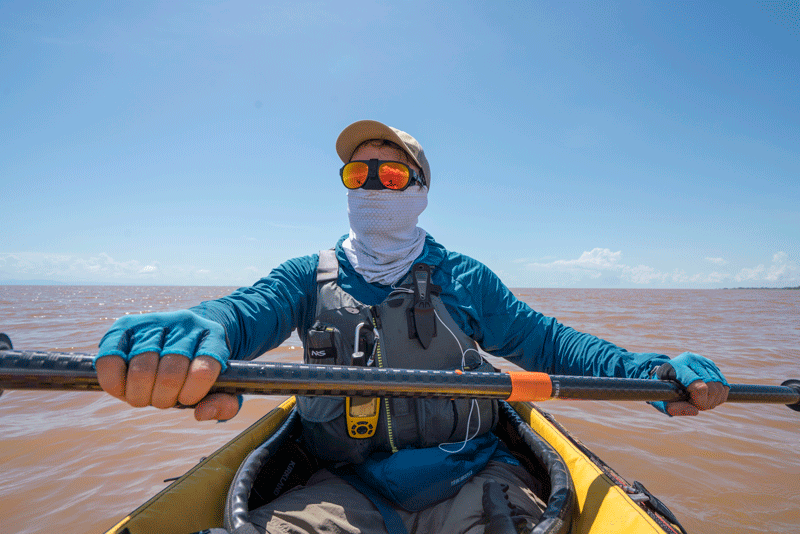×
The Standard e-Paper
Fearless, Trusted News

Ross Exler paddling on his kayak. He used a kayak to make his way across the lakes and travelled between lakes by bicycle making him the first person to complete a solo, man-powered crossing of the Great Lakes of Africa.[Ross Exler]
Ross Exler set out to travel through the African Great lakes alone with no motorized transport and loved every bit of it.